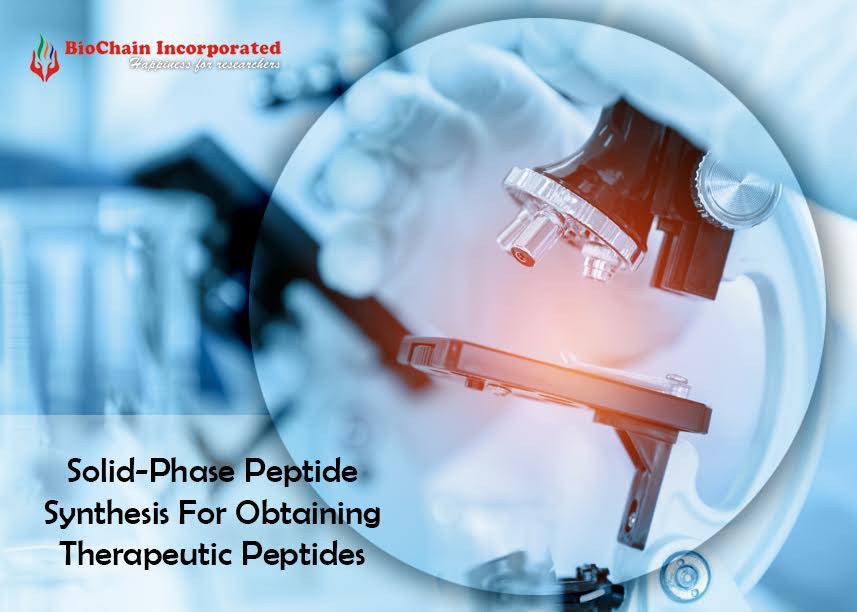How Does Automated Peptide Synthesis Offers Therapeutic Peptides?
Peptides have always led to tremendous therapeutic applications. Read this blog and know how automated peptide synthesis in India offers therapeutic peptides.
Peptides, as well as proteins, have been producing an enormous variety of biochemical processes. Peptides consist of up to 50 amino acids that generally have no three-dimensional structure. This blog by the best peptide synthesis company in India will let you know everything about custom peptide synthesis. So, keep reading.
How Are Peptides Beneficial For Therapeutic Applications?
-
Since peptides are biologically active hormones, they carry factors like neurotransmitters and neuropeptides. They have diverse applications which eventually make them an interesting target in the pharmaceutical market. When considering molecular weight, peptides usually bridge the gap between small molecule drugs and protein pharmaceuticals.
-
Moreover, peptide drugs are ideal for diagnosing diseases like diabetes, cancer, obesity and cardiovascular diseases. The rapid development of omics technologies is resulting in the identification of different target peptides. This trend successively provides new targets for peptide drugs that are impossible to cover by classic small organic molecules.
-
However, small synthetic proteins are orally applicable because of their high metabolic stability. They are also capable of crossing cell membranes that are very small in size, thereby simplifying their costs and production. For instance, they often show moderate target selectivity and potency which ultimately manifests in side effects.
-
Conversely, the specific and strong binding of proteins and peptides may reduce the drug dose. This greater selectivity results in fewer side effects which is the greatest benefit of proteins and peptides over smaller molecules. Hence, small organic compounds do not have the potential to address protein and protein interactions.
Peptides: Chemical Synthesis And Automation
During the past years, some researchers came across the synthesis of peptides which are relatively unknown biomolecules. For the successful synthesis of the polypeptide hormone, there was the introduction of organic protecting groups. These groups are also popular as trifunctional amino acids and ensure specific amide-bond formation. The key principle of peptide synthesis in the homogenous environment depends on the reversible blocking of carboxylic acid function. This generally manifests in larger and even more complex peptides.
In peptide synthesis, there are three disadvantages that ultimately result in the inception of an entirely different strategy. Here comes into existence a method: solid-phase peptide synthesis. Moreover, this accounts for a peptide construction between a liquid soluble reagent and insoluble solid support. Additionally, the coupling of the first amino acid takes place with its carboxylic acid terminus which consists of polymer particles. The automation of peptide synthesis further makes it usable for a number of biological applications.
Conclusion
Want to know more about custom peptide synthesis in India? Contact Biochain and gain more insights. They are the leading peptide synthesis company in India that offers quality biological products like antibodies, peptides, and much more at affordable prices with fast delivery.



.png)

.png)


.png)
.png)
.png)
.png)
.png)